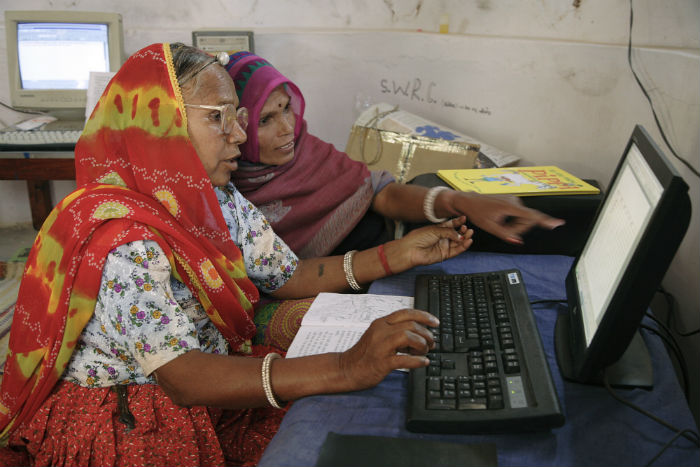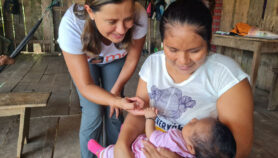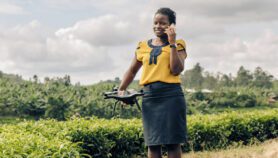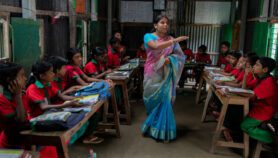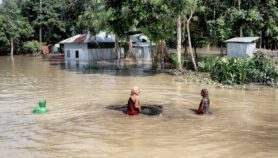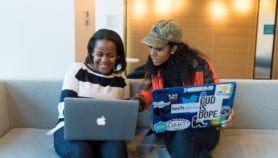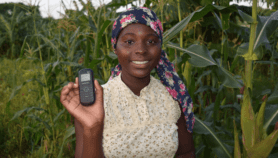By: Sumita Thapar
Send to a friend
The details you provide on this page will not be used to send unsolicited email, and will not be sold to a 3rd party. See privacy policy.
Poor women in cities are using the internet just as much as more affluent women and men, but are less likely to use it to increase their income or engage with politics online, a study has found.
The report launched today says that poor urban women are held back by a lack of education and language skills when they use the web. The study found that 97 per cent of women who use the internet do so through social media, especially Facebook. But, for example, just 20 per cent said they had used the internet to access information on sexual health and contraception.
“What is important is women’s empowerment and expansion of life choices — is that really changing through internet access?”
Nandini Chami, IT for Change
The researchers also found that female internet users in developing co untries are 25 per cent less likely than men to search for jobs online, and 50 per cent less likely to express controversial views in online discussions.
“Using the internet only for Facebook is passive use: women are not actively engaging using the web for empowerment, knowledge, information and rights,” says Ingrid Brudvig, the women’s rights coordinator for the World Wide Web Foundation and an author of the report. “This could mean a lack of available relevant content that is user-friendly, low levels of literacy among users and a lack of language diversity represented online.”
The study, funded by the Swedish International Development Cooperation Agency, surveyed men and women in both rural and urban areas in Cameroon, Colombia, Egypt, India, Indonesia, Kenya, Mozambique, Nigeria, the Philippines and Uganda. It found that overall only 37 per cent of women used the internet, compared with 59 per cent of men.
Less educated women in particular reported low levels of internet use due to lack of access, high costs and language limitations. They were also found to be less likely than men to use the internet to advance their career or engage with politics.
“Poor women find that information is not available in their language or, for women who are unable to read, relevant content is not there,” says Irene Murungi, a gender policy officer at the Women of Uganda Network, who coordinated the study’s Ugandan research. “Most only use the internet for social media as a space for gossip.”
In India, for example, there is a lack of online public information in local languages that is useful to the urban poor, says Nandini Chami, a researcher at Indian internet advocacy group IT for Change. This means women do not see the point of seeking information on government activities online, she says.
“Internet use is not translating into new job opportunities, enhanced income or networks of support,” says Chami. “What is important is women’s empowerment and expansion of life choices — is that really changing through internet access?”


